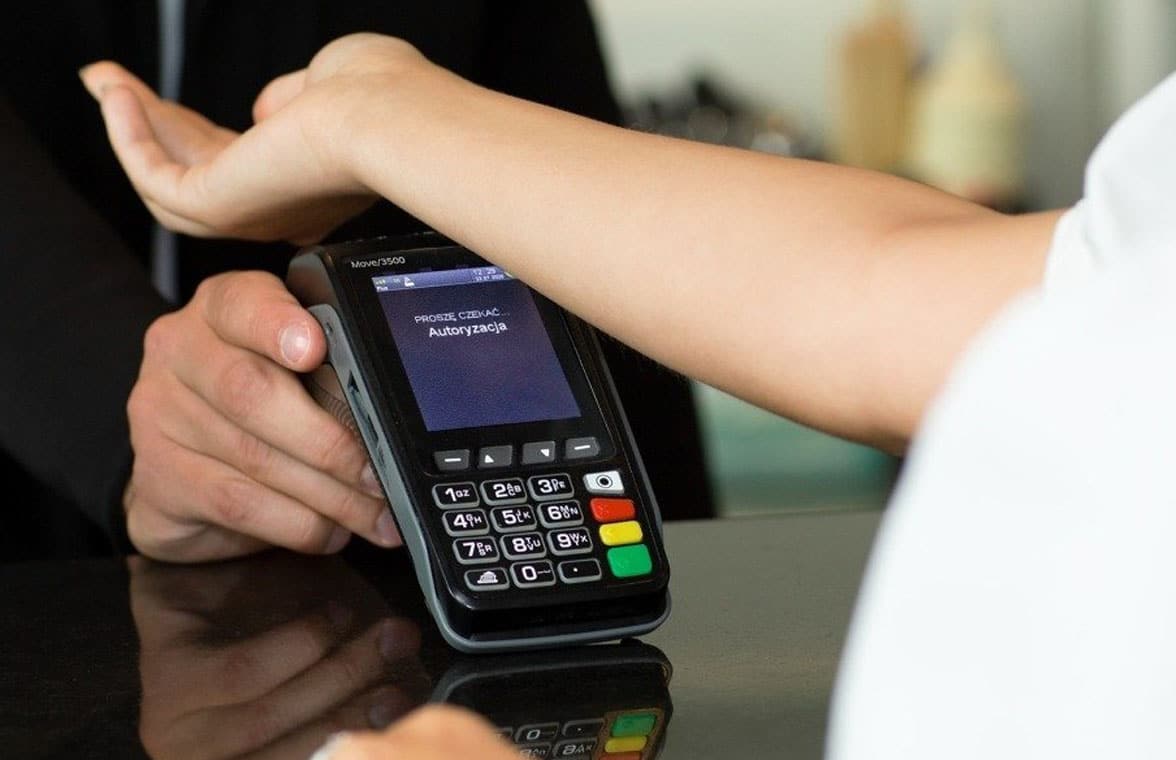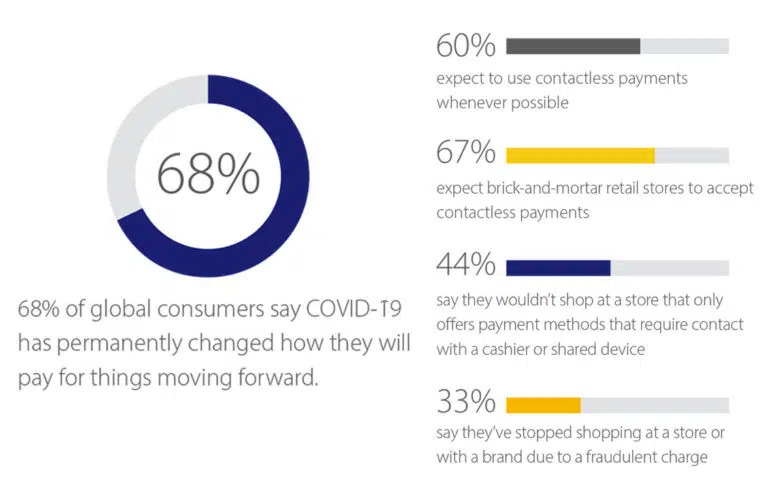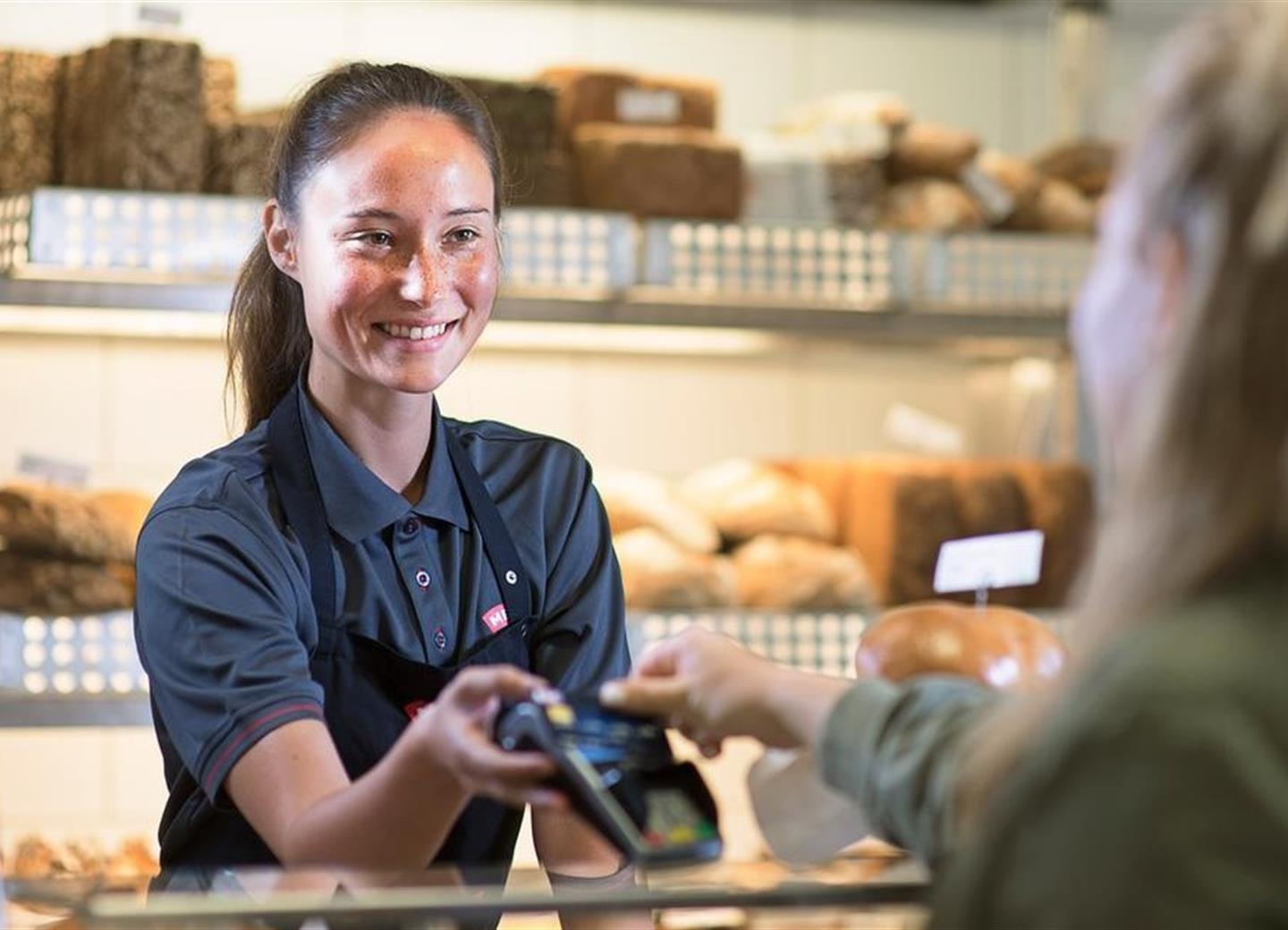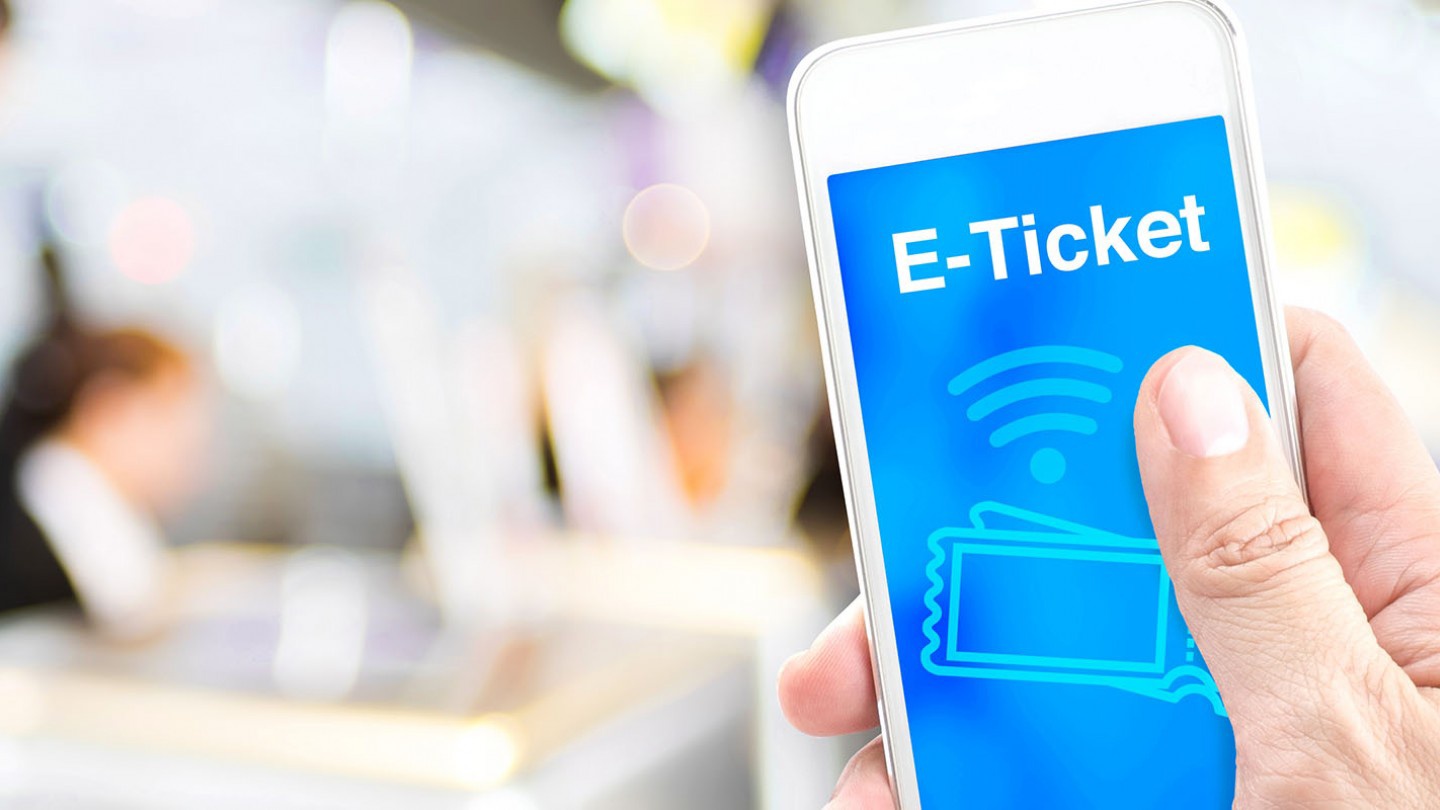MK GROUP SPONSORED ‘AUTHENTICATE VIRTUAL SUMMIT: THE IMPERATIVE FOR STRONG AUTHENTICATION FOR GOVERNMENT SERVICES’ BY FIDO ALLIANCE
On September 23rd, 2021, ‘Authenticate Virtual Summit: The imperative for strong authentication for government services’ by FIDO Alliance has taken place with the participants of FIDO’s clients, partners as well as people who showed interest from all over the world.
Within the framework of this event, MK Group has joined with FIDO Alliance as a supporting sponsor for the event. MK Group owns and manufactures two FIDO-compliant security authentication keys including FIDO® KeyPass S1 security key that meets FIDO U2F standard/supports FIDO2 standard – this is the first Vietnamese security token to meet FIDO standards on 08/08/2018; and FIDO® KeyPass S2 security token that meets FIDO2 standards.
During this event, experts from all around world such as from U.K. National Health Service (NHS), as well as the U.S. Government’s login.gov and Internal Revenue Service (IRS) have stated how strong authentication helps to enable government services and new efforts to secure online identities and also provided detailed insights into the present and future of online authentication and digital identities. Here are some highlights from the events.
During the virtual event, experts also commented that password credential stuffing attacks are becoming very common and that is when strong authentication based on FIDO Alliance standards play a strong role. Having understood the situation, many agencies in the U.S use Common Access Card (CAC)/Personal Identity Verification (PIV) credentials that go beyond basic passwords.
At this event, MK Group’s security keys have received attention from FIDO Alliance’s partners and potential customers from all around the world. Using MK Group’s devices, organizations, businesses and people can avoid any act of fraud or stolen information acts such as skimming, phishing, as well as man-in-the-middle (man-in-the-middle attack).



